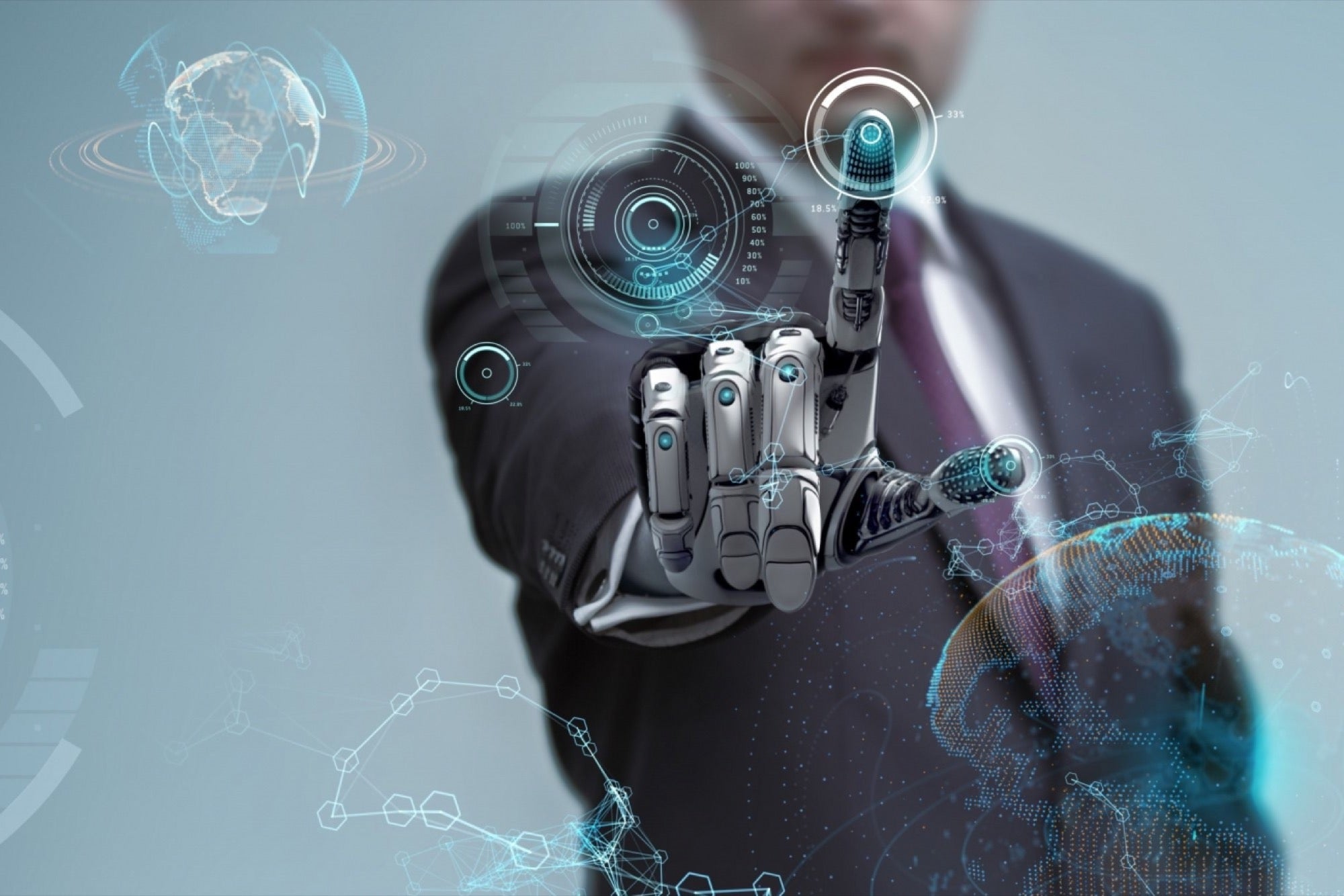Beyond Robots: Reimagining Artificial Intelligence AI is not one technology, but an ensemble of technologies that can add superior intelligence and complex discerning ability to machines.
Opinions expressed by Entrepreneur contributors are their own.
You're reading Entrepreneur Middle East, an international franchise of Entrepreneur Media.

What's common between Robocop, Wall-E, and I-Robot? They are all famous Hollywood movies with a robot at the center of the story. These robots exhibit human like qualities, though they are machines created by man and assembled in factories. The robots not only converse with humans in the latter's own language, they also start feeling and acting beyond the commands given to them. They love, rebel, and even fight against injustice.
That's one personification of Artificial Intelligence (AI). AI is not one technology, but an ensemble of technologies that can add superior intelligence and complex discerning ability to machines, leading to feelings and thinking like humans do. Though the movies show the rendition in the form of human like robots, the intelligence and complex discerning ability may manifest in the form of software and other aspects of human interface. The algorithms automate a complex set of tasks that normally require human-like qualities- these are today popularly referred to as bots. Think of Siri or Watson as apps that humans can interact with in their own natural language. The app has a complex algorithm and a natural language interface to give a human-like interaction.
The movies may have been the figment of a writer's imagination, but the future shall see the concept of AI enjoy great relevance. The developments in speech technologies, unstructured databases, sensors, interfaces, big data and high end analytics, cloud-enabled mobility, middleware, etc. are paving the path for a more connected world in which man machine interaction takes new levels of sophistication. Technology in that future world shall be used for solving myriad of individual, organization and community problems. This shall be limited only by the limitations of human brain to think of applying the technology in innovative ways. Imagine how WhatsApp as a simple tool is used by groups, teams, and communities to communicate, collaborate, and coordinate. That may be a very simplistic example, but it aptly demonstrates that innovation in application may go much beyond what the inventors of the underlying technologies would ever imagine.
We hear of driverless cars, connected home appliances, and bots manning customer care centers and libraries. There is a lot more which shall evolve and emerge as the underlying technology gets more powerful and sophisticated. Let me classify the applications of the new technologies under six broad heads:
- Command-control Control devices via applications using natural language commands, e.g. "Turn off the lights!"
- Customer care Reduce support queries, monitor forums, and automate tasks using a chatbot that knows your company's FAQ.
- Scripting engine Create interactive content for advertising or entertainment applications like brand ambassadors or talking characters.
- Messaging applications Add a bot to your Slack channel, or integrate with services like Twitter, Hubot, Facebook, Skype, Twilio, and more.
- Virtual assistance Build your own Siri, or something more useful like a hands-free assistant for driving, cooking, or exercising.
- Domain experts Craft knowledge bases for specific verticals like healthcare, financial services, or education
The innovation around AI, as mentioned above, may be relevant across a wide variety of sectors such as healthcare, education, consumer products, governance, banking, transportation etc. I must confess that the opportunity to innovate in terms of applying technology for solving human problems is immense, and any attempt to put them under few heads is too simplistic. But the intention is to give a few examples to trigger your imagination.
After all, imagination is where it all starts from!
Related: Natural Language-Generation Startup Narrativa Uses AI To Create Content At Scale













